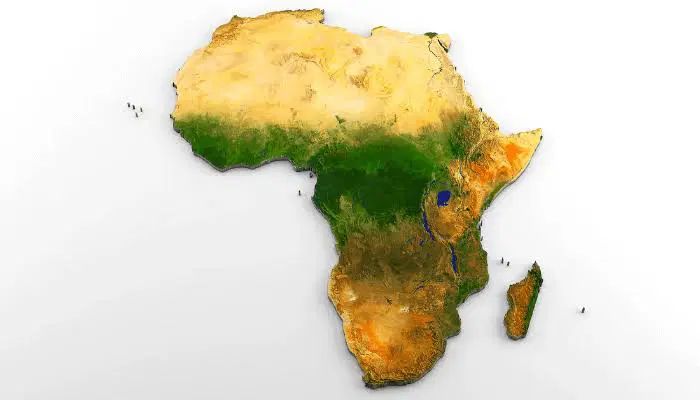The Federal Government is taking steps to modernize public service delivery by adopting emerging technologies such as Artificial Intelligence, Machine Learning, Blockchain, and Robotic Process Automation across its Ministries, Departments, and Agencies.
This was revealed at the 2025 ITGOV Conference by the Director General of the Bureau of Public Service Reforms, Dr. Dasuki Arabi, who was represented by Mr. Sulola Johnson, Director of Strategy, Innovation, and Research at the Bureau.
As part of the initiative, the BPSR is partnering with the Nigerian Communications Commission to incorporate Distributed Ledger Technologies into MDA operations.
The aim is to enhance transparency, efficiency, and accountability in government processes.
The conference was organized by Tranter IT in collaboration with ManageEngine, a global leader in IT solutions.
“The aim is simple but powerful: simplify routine tasks, secure sensitive data, and optimize resource allocation for more effective service delivery,” he said.
Arabi noted that, over the last decade, the Nigerian government has made significant and strategic investments in automating its financial and administrative systems to enhance efficiency and accountability.
According to him, some of the prominent initiatives of the government in this regard include:
The Integrated Personnel and Payroll Information System.
The Government Integrated Financial Management Information System.
The Treasury Single Account: The Bank Verification Number (integration into government systems).
He added that these platforms have not only saved the government billions in leakages but have also improved transparency and governance across sectors.
“Yet, as global trends shift towards more integrated and intelligent automation, we must now deepen our focus.
“The Bureau has championed digital collaboration by facilitating the use of the NIMC database as a unified identity verification platform, and by supporting the integration of NIN into JAMB’s UTME registration process, both of which serve as models of how IT protocols can cut across agencies and streamline public services,” he said.
In his keynote address at the event, the Director General of NITDA, Kashifu Inuwa—represented by his Technical Assistant, Dr. Femi Adeluyi—stated that digital transformation is no longer optional for Nigeria. He emphasized that while digital tools are important, true transformation depends on investing in people.
To support this, the Bureau will train 500,000 public servants in digital literacy and emerging technologies, equipping them to manage and sustain these tools for lasting impact.
He drew inspiration from global digital frontrunners such as Estonia, South Korea, and the UAE, advocating for inclusive, data-driven governance supported by broadband infrastructure, cloud computing, data analytics, and robust cybersecurity.
He also underscored NITDA’s rollout of Digital Transformation Plans across MDAs, in line with the Strategic Roadmap and Action Plan 2.0 (SRAP 2023–2027), to drive the modernization of public service delivery in Nigeria.











